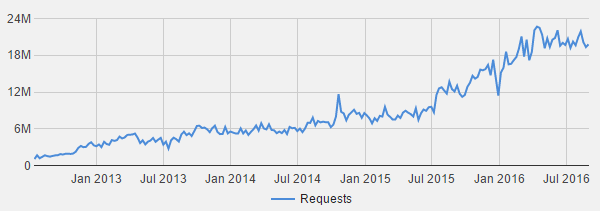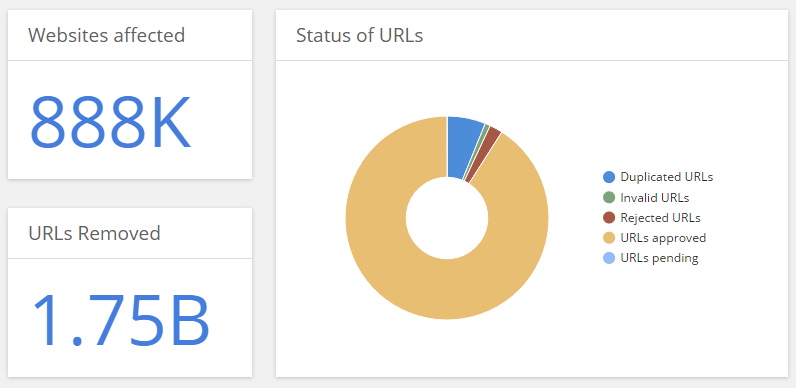Advertiser Tells Court It’s Not Liable for Pirate Sites
mardi 13 septembre 2016 à 20:25 Increasingly, copyright holders are urging third party services to cut their ties with pirate sites.
Increasingly, copyright holders are urging third party services to cut their ties with pirate sites.
Hosting providers, search engines, ISPs, domain name registrars and advertisers should all do more to counter online piracy, the argument goes.
A few weeks ago adult entertainment publisher ALS Scan moved beyond the asking stage. The company filed a complaint at a California federal court, targeting CloudFlare and the advertising network JuicyAds over image copyright infringement carried out by their users.
ALS Scan had alerted both companies about the infringing activities of several customers, but neither took action in response and continued to offer their services.
“On information and belief, this is because Juicy Ads and Cloudflare make money by continuing to do commerce with sites that draw traffic through the lure of free infringing content,” ALS Scan wrote in their complaint.
JuicyAds’ parent company Tiger Media clearly disagrees and has now filed a motion to dismiss the complaint. They argue that, as an advertising service, they can’t be held liable for the allegedly copyright-infringing actions of their clients.
Among other things, Tiger points out that the infringing photos in question never appeared on their websites and that they couldn’t remove them even if they wanted to.
“ALS does not allege its photos appeared on JuicyAds.com (because they never did) or pass over Tiger’s ad network (because they don’t). Nor does ALS allege that Tiger has the ability to actually disable access to its photos (because it can’t),” Tiger writes (pdf).
“Rather, ALS alleges in a conclusory fashion that Tiger is liable because the sites where ALS’s photos appeared were JuicyAds ‘publishers,’ some of more than 92,000 businesses and individuals that participate in the JuicyAds ad network.”
The advertising network informs the court that its Terms of Service clearly states that the publishers are solely responsible for the content that appears on their sites.
“ALS has not and cannot assert any claims for contributory or vicarious liability, given that Tiger has no more control over publishers’ sites than it does over any other third-party sites.”
In addition, the company notes that the advertisements would actually lead people away from the allegedly infringing content, instead of encouraging it in any way.
Tiger therefore asks the court to dismiss all copyright infringement claims against them, with prejudice.
In addition, yesterday the company submitted its objections against the preliminary injunction requested by ALS Scan. Tiger argues that, based on the evidence provided, there is no need for the extensive piracy policing requirements ALS has proposed.
“The proposed injunction would force Tiger to implement wide-ranging content review protocols for all existing and potential publisher customers, in an ongoing effort to identify and ‘weed out’ any potential infringement of ALS’s content by third parties,” Tiger writes (pdf).
“This breathtaking request for Tiger to police the Internet is unwarranted because ALS’s motion fails every criterion relating to imposition of a preliminary injunction.”
Both the injunction and the motion to dismiss will be considered in a few weeks. Cloudflare has yet to respond to the complaint and was granted an extension of time to file its reply.
While ALS Scan and Tiger are relatively small players, a ruling in this lawsuit may set a precedent for future cases. For this reason, it wouldn’t be a major surprise to see other rightsholders and service providers join the case to have their opinions heard.
Source: TF, for the latest info on copyright, file-sharing, torrent sites and ANONYMOUS VPN services.


 In recent years copyright holders have overloaded Google with DMCA takedown notices, targeting links to pirated content.
In recent years copyright holders have overloaded Google with DMCA takedown notices, targeting links to pirated content.




 This week we have three newcomers in our chart.
This week we have three newcomers in our chart.